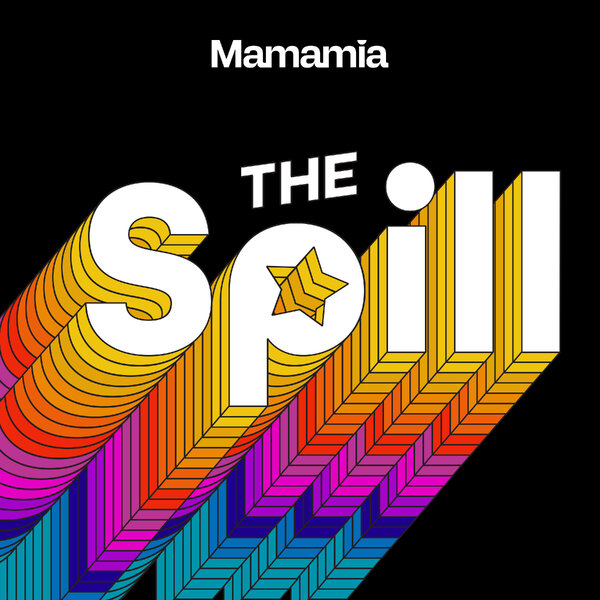The fact we were led to believe that Ali Oetjen and Grant Kemp lived happily ever after following their stint on Bachelor In Paradise is exactly why we have trust issues.
Not only did they split up practically as soon as the cameras were switched off (Ali is going to be the next Bachelorette), Grant, 29, has even accused her of cheating on him.
But with Network Ten now gearing up for the next season of The Bachelorette, they’ve drawn a line in the Fijian sand and suggested Grant’s claims are “false” and “misleading”.
“Ali left Bachelor In Paradise committed to developing her relationship with Grant further,” a spokeswoman for the network told The Daily Telegraph.

Top Comments
On the one hand feminists are arguing for an elimination to sexist language, and then they don't mind using it. Make up your mind! Or is it a woman's prerogative to constantly change her mind.
I refer to the so-called word Bachelorette. There ain't no such word. The word is spinster. Look it up. If actresses can now be called actors, then unmarried women can be called bachelors, or to use the dictionary word, spinster. That means Diana was a prince. Now wouldn't that make King Elizabeth happy!
Both dictionary dot com and oxford dictionaries dot com define Bachelorette as ‘a young unmarried woman’.
See what happens when you use an incorrect word long enough. But my comment about sexism I n language still stands.
Language evolves. The word spinster has negative connotations - how often is it patnered with "old" or "bitter" to imply that an unmarried woman is unsatisfied with life or is "past it". Whereas a bachelor is a positive thing - a fun loving, free wheeling, knockabout bloke. It's not hard to see why tv producers would take that word and add the "ette" to differentiate between male and female contestants.